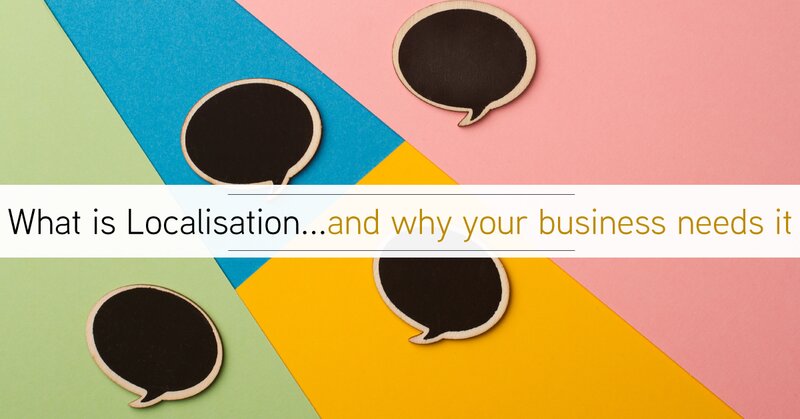…and why it is important for your business
Although, due to Brexit as well as the coronavirus pandemic, last 18 months or so was an extremely challenging time for majority of organisations and businesses in the UK, with the economy now slowly stabilizing, more and more business owners are re-considering approaching new, foreign markets and international customers yet again.
If you happen to be one of such people, understanding the importance behind accurately translating your content and documents can be the difference between succeeding or failing within the chosen, foreign market. When consumers consider using a service or purchasing goods, they want to feel at ease and be fully confident in the choice they are making as well as be certain, that the company they chose is reliable and professional. Allowing them to complete the purchasing cycle and read information about a product/service directly in their native language is perhaps one of the most important aspects of ensuring just that.
The million-dollar question is, however, whether simply translating your corporate content will be sufficient enough to meet your target audience’s expectations?
Often, and what many people don’t realise, linguistic aspects play only one of the parts in the bigger picture. Socio-cultural, religious or even political factors can all directly contribute to how your brand or products are perceived by the target audience in an overseas market. In order to address all of these aspects and ensure high suitability of your content, a professional translation agency will carefully localise your materials.
What is language localisation?
According to Gala Global (Globalization and Localization Association) localisation is the process of adapting content, documents, materials or products in order to match a market’s expectations. The key objective of a localisation service is to fully reflect the customs and culture of a country you want to target within your content. If, for example, a customer visits a website that wasn’t localised to their expectations, they might feel almost as if they are visiting a foreign country. They might not understand the currency, exchange rate, some images or graphics might be offensive to them. As a result, the website they found doesn’t match their views and customs and so they leave without committing to making a purchase.
Translation vs. Localisation – What’s the difference
Although localisation and translation often get confused, these services are actually quite different. Professional language translation services focus on converting text from one language into another. Localisation on the other hand takes into account several other aspects, and as a result, is a much more extensive service.
Localisation, apart from the market’s native language, also covers other aspects, such as:
- Graphics and images
- General content to make it suitable
- Currencies and local units of measure
- Formatting – dates, times, phone numbers etc.
- Local legal requirements
When do I need a localisation service?
A recent study conducted by Common Sense Advisory suggest, that almost 80 percent of European customers would be more inclined to purchasing goods and services if they were able to read about them directly in their native language.
As a result, brands that wish to approach foreign markets and reach international consumers should strongly consider not only professional translation services, but also localisation. As a rule of thumb, a localisation service should be applied to all marketing, digital and PR content and as well as campaigns.
With a fast-proceeding globalisation, professional localisation services are becoming even more important than before. Converting your digital or marketing content when approaching international audiences must now take into account several more factors than just the linguistic aspects, and so a localisation service is exactly what your brand might need in order to trade successfully overseas. With aspects such as culture or customs being at the very core of localising content, it’s key to work with an accredited agency, which specialises in providing such services and fully understands not only the customs and language of the target audience, but also your particular business sector.
Get in touch
If you’re thinking, or are in the process of, approaching international markets and require a professional translation or localisation service, get in touch with us today and speak to a member of our team!


